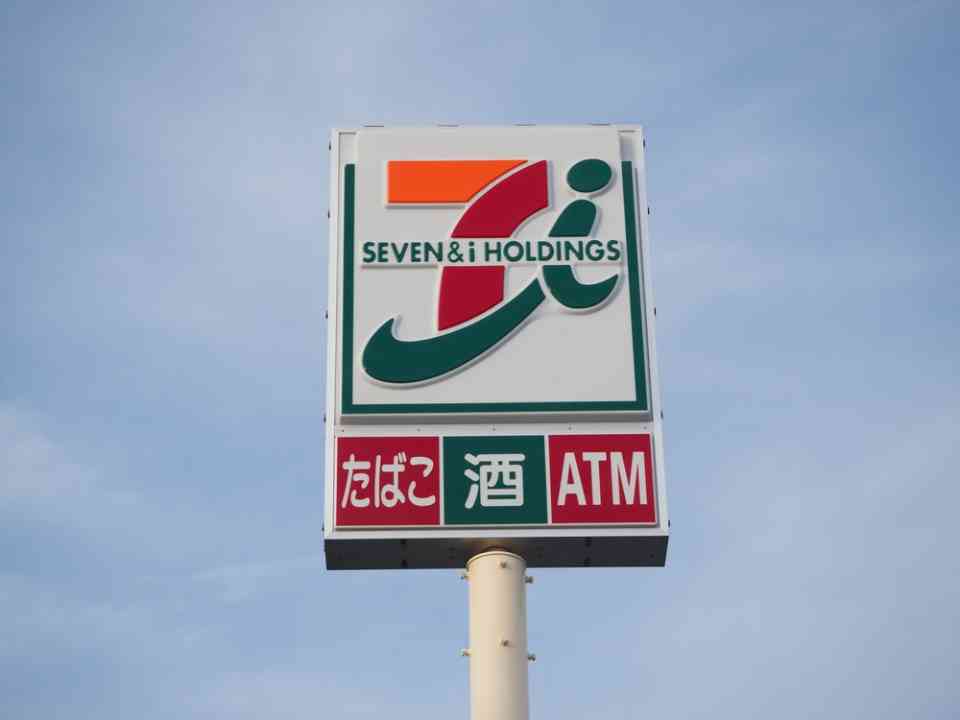Seven & i Holdings Charts Future Strategy, Steers Clear of Takeover Talks

On Thursday, Japanese conglomerate Seven & i Holdings unveiled its latest strategy, emphasizing the growth of its core 7-Eleven convenience store chain while sidestepping any discussion of the $47 billion acquisition proposal from Canada’s Alimentation Couche-Tard.
During an investor presentation, the company outlined its plan to divest underperforming segments and pursue international expansion, all while seeking to placate critics and maintain its independence. Despite longstanding shareholder concerns about capital allocation and business direction, CEO Ryuichi Isaka refrained from addressing the takeover bid or past criticisms, instead stating that the retailer’s restructuring efforts would create the necessary framework for future growth.
Isaka indicated that Seven & i is now poised to increase both corporate and shareholder value by capitalizing on global opportunities. The company aims to nearly double its sales to $197 billion by 2030, with a focus on expanding into markets such as Vietnam and Australia. The strategy includes replicating its domestic success in fresh food offerings to attract international customers and improve profit margins.
As part of the restructuring, Seven & i announced it would spin off its supermarket business along with around 30 other non-core subsidiaries into a separate holding company. However, investor response has been muted, with the company’s share price remaining largely unchanged since the initial reveal of the plan earlier this month.
Some international shareholders have been calling for a breakup of the conglomerate, which also operates restaurants and financial services. U.S. investment firm Artisan Partners, for instance, expressed dissatisfaction with the recent changes, describing them as insufficient and urging Seven & i to engage with Couche-Tard regarding the acquisition offer.
The investor briefing, which lasted three hours, did not mention Couche-Tard’s bid, and neither analysts nor shareholders raised the subject. Despite strong performance at its Japanese 7-Eleven stores, which boast an operating margin of 27%, the company continues to struggle with its supermarket division, including the Ito Yokado chain that has been a key part of the business for over two decades.
Internationally, 7-Eleven’s performance lags behind, with an operating margin of just 3.5% outside Japan. The company’s U.S. operations have faced additional challenges, as the North American market has been impacted by broader economic difficulties, according to Joseph DePinto, head of the region. Declining fuel revenue and reduced cigarette sales compared to pre-pandemic levels have taken a toll on profitability, although DePinto noted that the company is now focusing on fresh food to drive future sales.
DePinto acknowledged that the past year had been challenging, admitting dissatisfaction with the U.S. business performance.
Have you read?
World’s Best Countries For Retirement.
World’s Best Countries For Women.
World’s Best Countries To Visit In Your Lifetime.
US States With the Largest Gender Pay Gaps.
CEOs who have secured the most funding during their tenure in companies in each US state.
Bring the best of the CEOWORLD magazine's global journalism to audiences in the United States and around the world. - Add CEOWORLD magazine to your Google News feed.
Follow CEOWORLD magazine headlines on: Google News, LinkedIn, Twitter, and Facebook.
Copyright 2025 The CEOWORLD magazine. All rights reserved. This material (and any extract from it) must not be copied, redistributed or placed on any website, without CEOWORLD magazine' prior written consent. For media queries, please contact: info@ceoworld.biz








